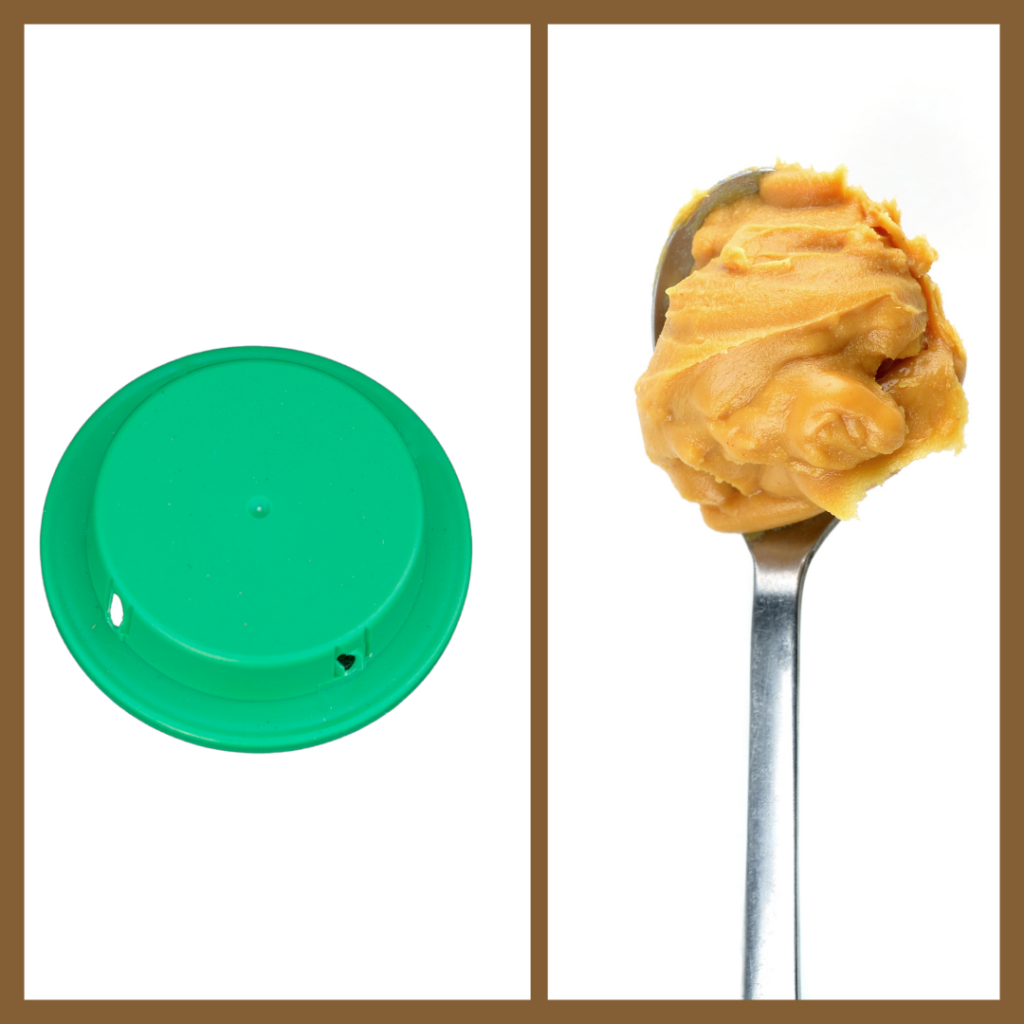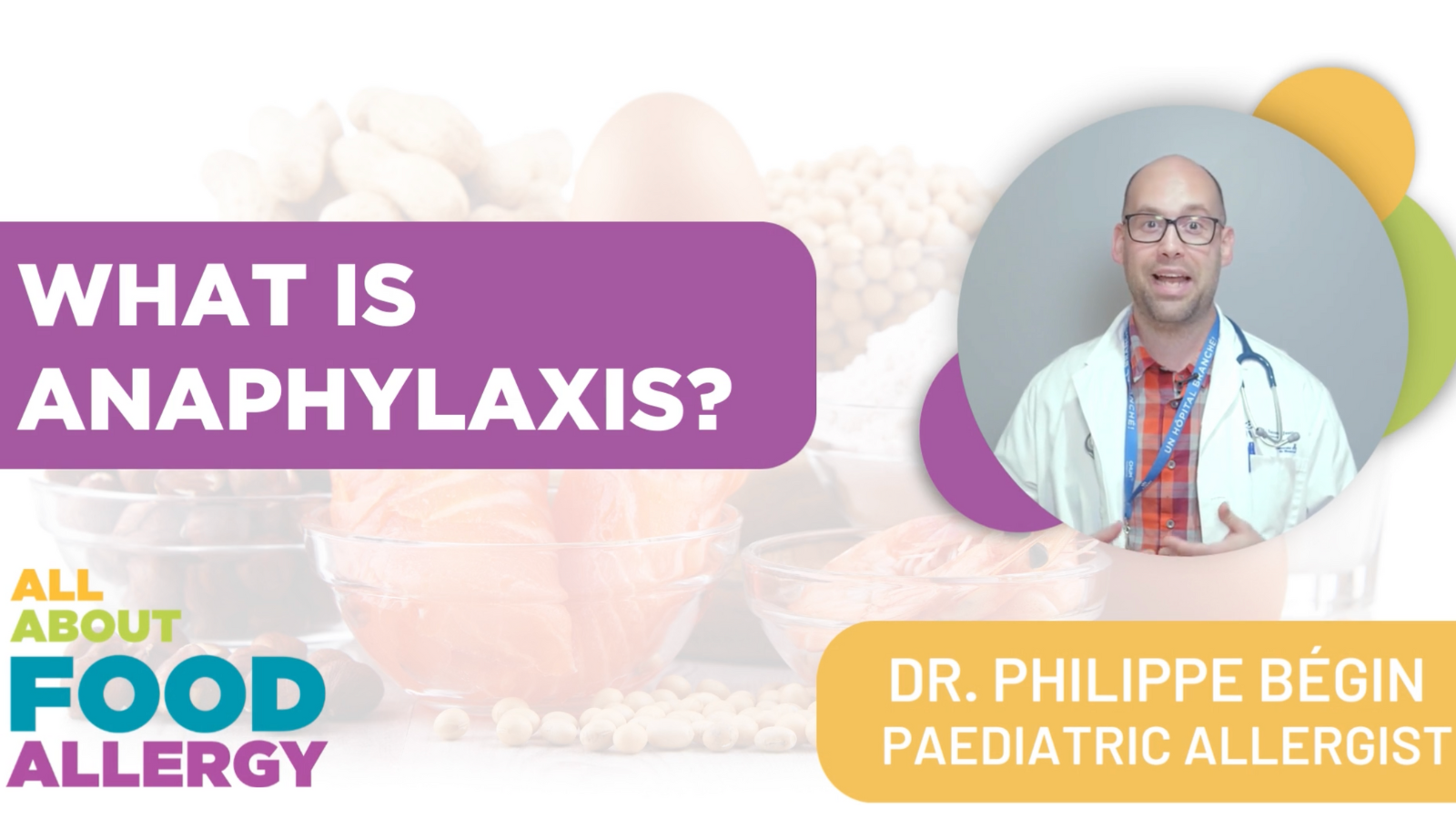Ask the allergist is a regular feature in our newsletters where Canadian allergists answer your questions!
Please note: The allergists featured in this series answer questions on general topics, please talk to your doctor if you have questions about your own health or the health of your child.
This month Dr. Julia Upton answers questions about using epinephrine to treat reactions.
If someone is having an allergic reaction, how do you determine if it’s serious enough to use epinephrine?

Allergic reactions can range from mild to severe, and in some cases, can be life-threatening. However, it can be hard to predict how severe a reaction will be when it starts. One way to recognize it could become severe is if two body systems are involved. For example, if there is repeated vomiting and hives then it is evident the body is being affected in multiple ways. Another example is repeated sneezing and lip swelling.
Another way to know to give epinephrine is for a severe symptom involving the heart, lungs or throat: if someone feels faint, has difficulty breathing or feels their throat is swelling. Heart and breathing symptoms alone can be anaphylaxis, a severe and potentially life-threatening allergic reaction. In this case, epinephrine should be administered immediately.
Are there situations in which it’s OK to wait and monitor symptoms?
If someone is having a mild allergic reaction with symptoms such as isolated itching of the mouth, or a few hives, it may be reasonable to monitor symptoms. Allergic reactions may resolve on their own without epinephrine, but it is hard to know at the start of a reaction whether it will progress to anaphylaxis.
In cases of anaphylaxis, administering epinephrine as soon as possible is crucial. Delaying treatment can result in a more severe and potentially life-threatening reaction. Some people have had prior reactions that were severe, where their physicians advise them to give epinephrine as soon as an allergic reaction is suspected. To determine what’s appropriate for you, speak to your physician and have a personalized anaphylaxis action plan.
What happens if an epinephrine auto-injector is given, but it wasn’t needed?
If you are unsure whether to administer epinephrine, it is best to be cautious and use it as a precautionary measure. Epinephrine is safe to use, there are no contraindications for treating anaphylaxis.
I’m taking my epinephrine auto-injectors with me on a canoe trip. If a device accidentally gets submerged in water, can it still be used?
According to the manufacturers of EpiPen®, ALLERJECT® and Emerade®, if the epinephrine auto-injector has been submerged in water or another liquid, or suspected of doing so, it should not be used and a new device should be acquired. Therefore, for a canoe trip I would suggest keeping your devices in their cases within a waterproof case.
We asked one more question related to managing food allergy in the summer.
Some ant traps contain peanut butter, are they a concern for someone with a peanut allergy?

I would not be concerned about a person allergic to peanut being in a room with an ant trap that contains peanut butter.
Direct ingestion of an allergy-causing food poses the greatest risk for most people with food allergy. Having someone other than the person with the peanut allergy handle the trap, for example, is a helpful safety step.
Learn more:

Dr. Julia Upton is on staff at the Hospital for Sick Children in the Immunology and Allergy Department; and an Associate Professor in the Department of Paediatrics at the University of Toronto. She is the past Section Chair of the Anaphylaxis and Food Allergy Section of the Canadian Society of Allergy and Clinical Immunology. Dr. Upton is also a member of our Healthcare Advisory Board.
Please note: Dr. Upton is answering as an individual allergist and her answers do not constitute an official position of her affiliated organizations. Her responses are for informational purposes only and do not constitute specific medical advice, recommendations, diagnosis, or treatment. Please talk to your doctor about any concerns or questions you may have regarding your own health or the health of your child.
Do you have a food allergy-related question you’d like to ask an allergist in the months to come? If so, send it along to us at info@foodallergycanada.ca.
Tags: Anaphylaxis, ask the allergist, auto-injector, Epinephrine



